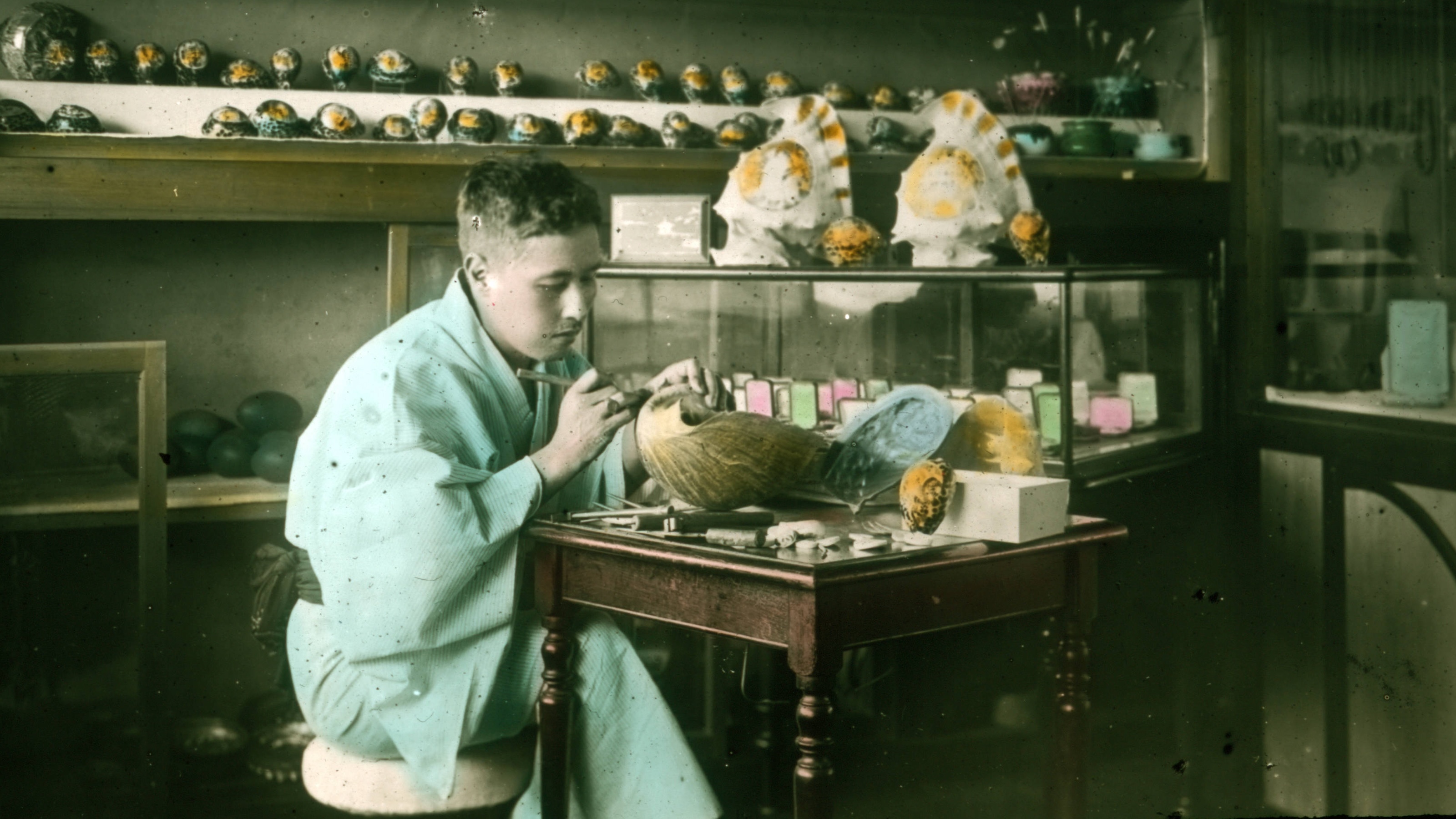Applying Economics to Organ Transplants
Selling your organs is illegal in every country except Iran. But the WHO says the black market is massive. Can economists make the system more humane and efficient?
Can economists make the system for organ transplants more humane and efficient? Selling your organs — eyes, bone marrow, parts of livers, skin, or, yes, kidneys — is illegal in every country except Iran. But the World Health Organization describes the black market as massive and estimates one in every five kidneys transplanted per year comes from it. In the past few years foundations and policy scholars have started to consider creating economic incentives for the families of the recently deceased. Macabre though it sounds, it is something economists have been suggesting for at least 30 years.



